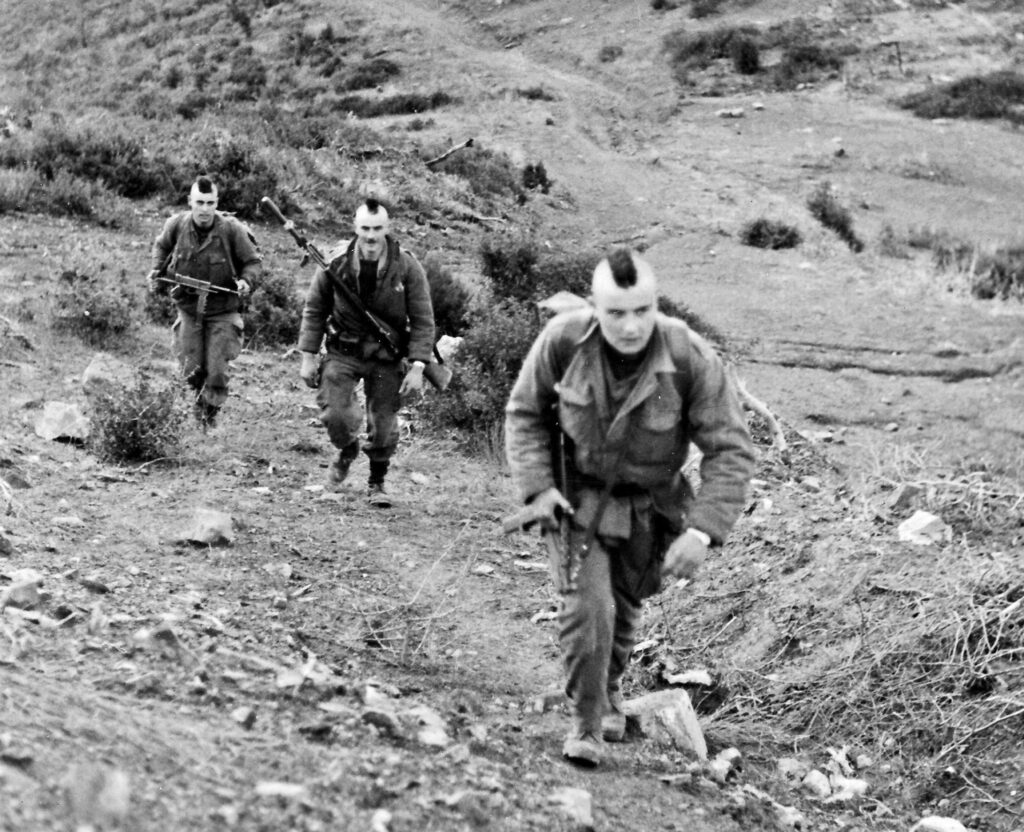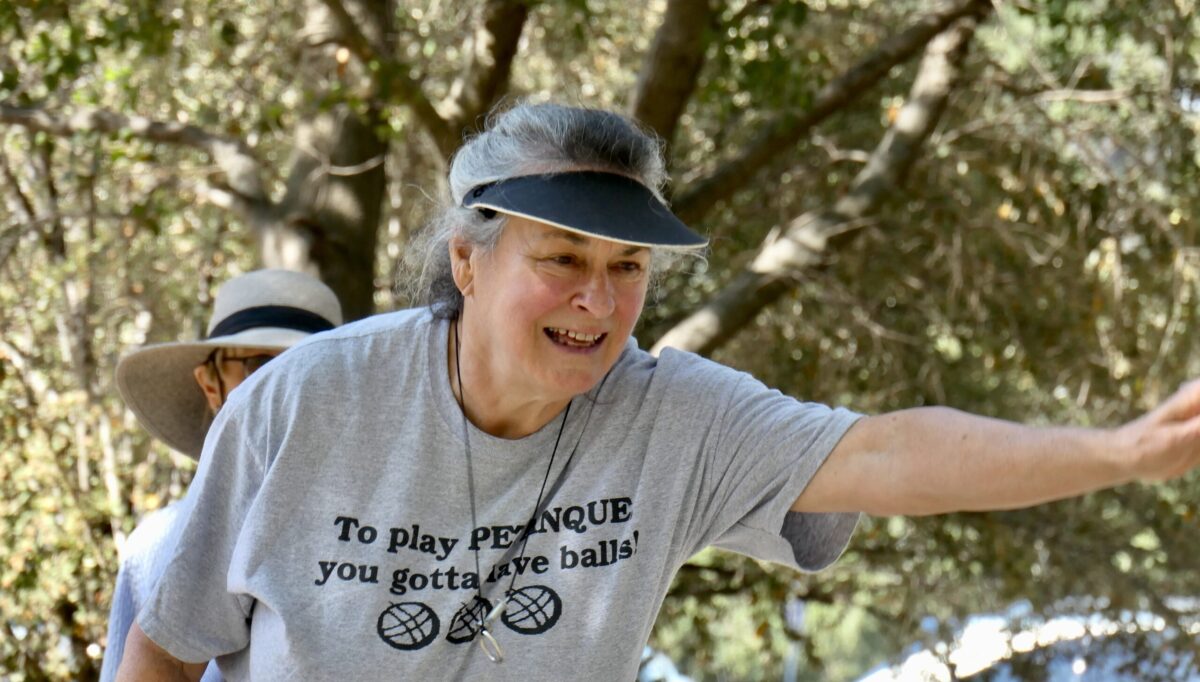No matter how much you scratch…

I think that I really got into photography when I first did my stint in the French Army. I was sent overseas, and I found it difficult to describe what my fellow grunts and I went through during that time. Fortunately, I had the foresight to purchase a small camera before my departure, and the few snapshots I managed to take while in North Africa, better described how we pulled through during that year.
It was a small, unsophisticated point-and-click camera, but it was just perfect for its purpose. Most of the time I would not have the luxury to make any adjustments (and there were none) before taking a picture. I quickly grabbed the camera from under my fatigues, snapped a rapid shot, put the camera back under my jacket, and kept going.
The bug that I caught during that period changed my life forever.
Today, six decades after this period, I am still madly photographing everything everywhere. With a better camera of course, but still driven by that uncurable bug.
I am not a professional photographer and I know very little about the technical aspect of that art.
“Photography is the simplest thing in the world, but it is incredibly complicated to make it really work.” – Martin Parr
It is for that reason that recently, I bought a compact, extremely sophisticated camera. The Lumix DC-ZS200D is a little marvel that can do almost anything… providing that you set it properly. But again, when I take “candid” shots I don’t have the time (or the knowledge) to instruct my camera on what to do. It is for that reason that I mainly shoot in “Intelligent” mode. When taking a shot, I let the camera decide what’s best and I am pretty sure that most of the time it knows exactly what to do.
This does not mean that I did not bother at all with the instruction manual. I went through its 307 pages, probably without understanding half of them. My philosophy is “learn as you go”. I will go back to the manual each time I have a question.
“It is an illusion that photos are made with the camera… they are made with the eye, heart, and head.” – Henri Cartier-Bresson
Exactly, thank you, Henri. Eye, heart, and head. A good shot has an extremely brief lifetime. It lasts a fraction of a second, and you must be ready and quick to pull the trigger if you want to capture it. The camera is important, but above all, you are the boss. It is your eyes and your quick reaction that makes a good picture. Let technology do the rest.
Alain
